I’ve been listening to the Joe Rogan podcast a lot this year. He is a bow hunter among other things and often interviews other hunters. As with anyone who shares interests, these hunters go into great detail about their hunting passions and pursuits and I’ve had the privilege of listening in on these conversations. Honestly, I rarely like what I hear on this topic, however I do enjoy better understanding people who justify killing animals.
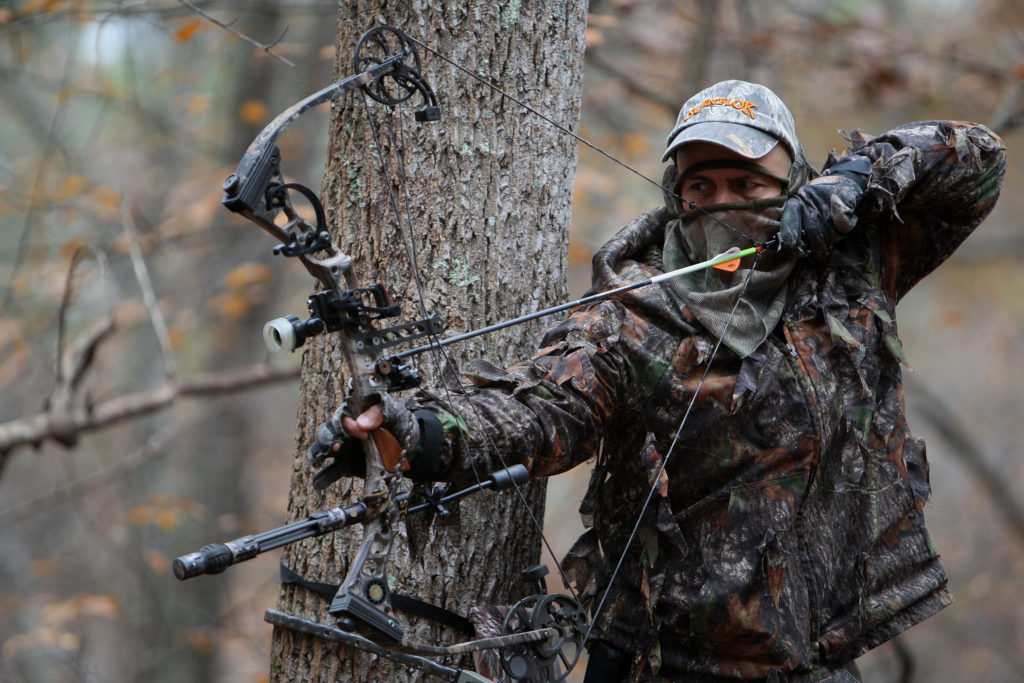
It is my understanding that Joe bow hunts for sport and that he has access to supermarkets and farms to purchase what he and his family need and want to eat. He is not hunting for survival. Joe opposes with conviction the factory farm industry and does not eat meat produced by these methods. It is my understanding that Joe believes he needs to eat meat to be healthy.
I appreciate Joe’s disdain for modern factory farming which accounts for more than 99% of all farmed animals raised and slaughtered in the United States (source). This means that basically all the meat, dairy, and eggs sold & purchased in grocery stores or restaurants comes from a concentrated animal feeding operation. Unless the consumer makes a point of purchasing directly from a small farm, their money is supporting the callous, inhumane, and polluting factory farming industry.
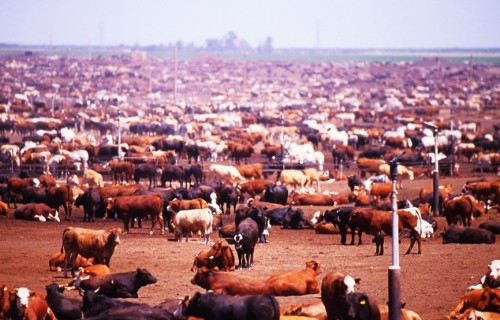
I don’t know if Joe buys or eats dairy and/or eggs from mainstream channels, however I understand that all his meat comes solely from hunting.
This has lead me to turn inward and ask myself: under what circumstances would I hunt?
As it is for me now in my blessed circumstances, I have ample access to abundant plant foods: grains, tubers, legumes, fruits, vegetables, nuts, seeds, and fungi which I can afford. In fact I live where I can walk or bike to seven different supermarkets. My privilege is clear and I do not take it for granted.
If I didn’t have access to abundant, clean plant-foods would I hunt? Probably not. I would eat whatever decent plant-foods I could procure and then I would perhaps eat eggs, ideally unfertilized and from free-roaming birds.
If this were still not enough food to sustain my weight and energy requirements I would add raw milk from a local cow to my diet of plants and eggs.
I can’t imagine how my life would place me into a situation where I had to hunt and kill someone else or die from starvation myself. For the sake of hypotheticals I suppose that if I found myself under such circumstances, I hope I would have the wherewithal to trap small animals. I don’t know how to use a bow or gun and I can’t imagine learning these skills “just in case” the day were to come that I would find myself living outside of civilization and dependent upon the flesh of others to survive.
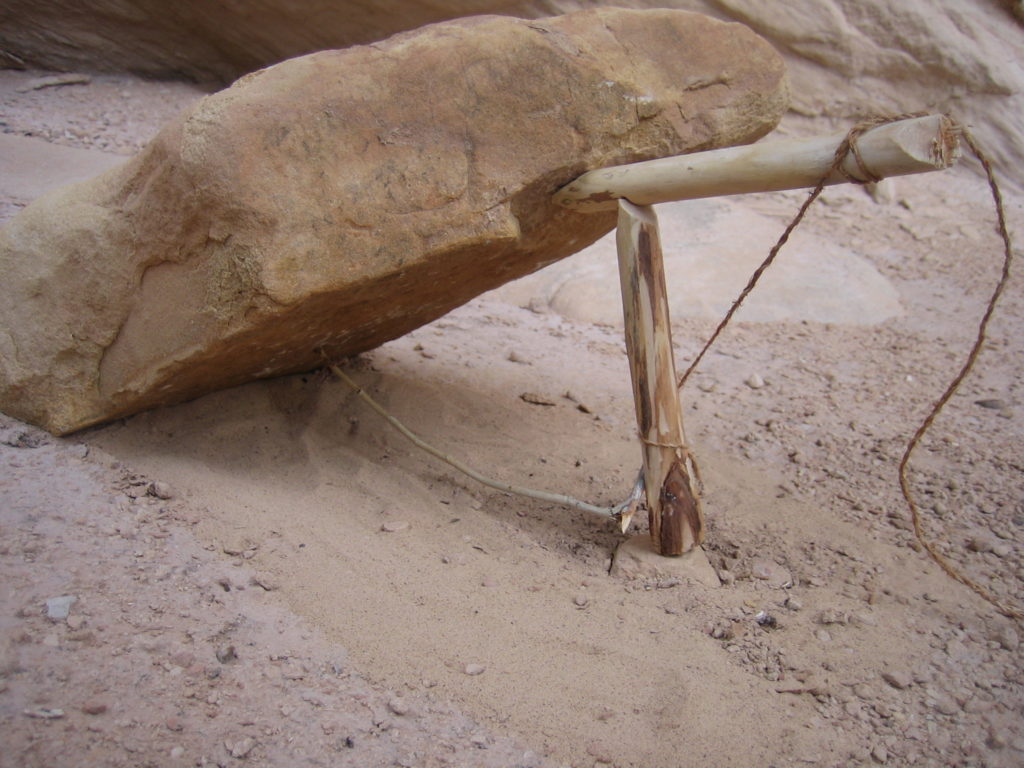
So I can not say that I would never hunt. What I am saying is that under extreme duress, yes I would hunt. While I can not predict the future, I would gamble to say that I will not need to do this in my lifetime. I hope I am right and I leave open the possibility that I am wrong.
If I lived in a modern food desert with only fast food and convenient store options, how would I eat? I would do my best to feast on nuts and find as many fruits and vegetables as possible even if they were in the form of dried fruits or condiments like lettuce and tomatoes for burgers. It would be difficult to avoid the heavily processed, fried, and junk foods made abundantly cheap & available in these environments. I understand that veganism is not an option at all nor an easy option for everyone.
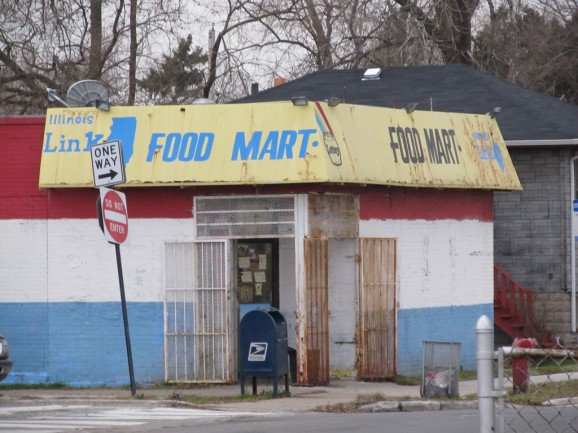
Thankfully I do not believe, based on my education and research, that humans require meat, dairy, or eggs for nutritional survival. We can, do, and have survived on these animal-based edibles but it’s not a human physiological requirement. Modern medical and nutritional science informs us that we can thrive on a well-balanced whole food, plant-based diet. As long as I have these plant-based options available to me, I will choose them. I am not naive enough to believe that my plant-based diet involves no animal death. Whether animals are displaced for fields or are captured in the growing or harvesting process, animals are indeed accidentally killed. Veganism is inherently an imperfect pursuit.
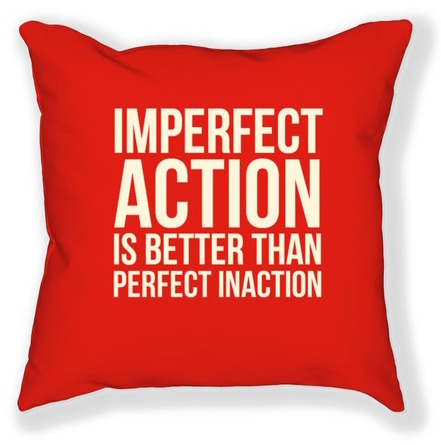
It’s complicated to make blanket statements as to whether we would ever or never do something. There are so many circumstances under which food choices are determined. Humans are adaptable and we, hopefully, make the best choices for ourselves to the best of our ability based on our morals, knowledge, and access. I can’t say that I would never hunt though I hope I am never in the situation where I found myself needing to hunt to stay alive. I certainly don’t want to hunt.
For those who believe that meat is an essential component to optimal human nutrition, I would support hunting over consuming from factory farms, but moreso I would hope you would read the science that indicates animal-based foods are not essential for human wellness. For example The Academy of Nutrition and Dietetics just published their updated 2016 position statement which reads:
Vegetarian and vegan diets are healthful, may prevent and treat chronic diseases, and are better for the environment, according to the Academy of Nutrition and Dietetics, the world’s largest organization of nutrition professionals. Researchers updated the 2009 position paper on vegetarian diets and concluded that not only are vegetarian and vegan diets appropriate for all stages of the life cycle (pregnancy, infancy, childhood, etc.), but they also help reduce the risk for heart disease, high blood pressure, type 2 diabetes, stroke, obesity, and some types of cancer. The updated position paper presents a section on environmental issues which concludes plant-based diets are more sustainable and less damaging to the environment. (source) (PubMed Abstract)
Additional Resources
• A Matter of Convenience (or why we started eating animals in the first place)
• Nutrition Only in Animal-Based Foods
• Johns Hopkins on Health & Environmental Implications of Animal Consumption
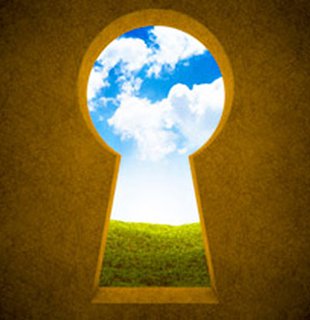
{ 0 comments… add one now }